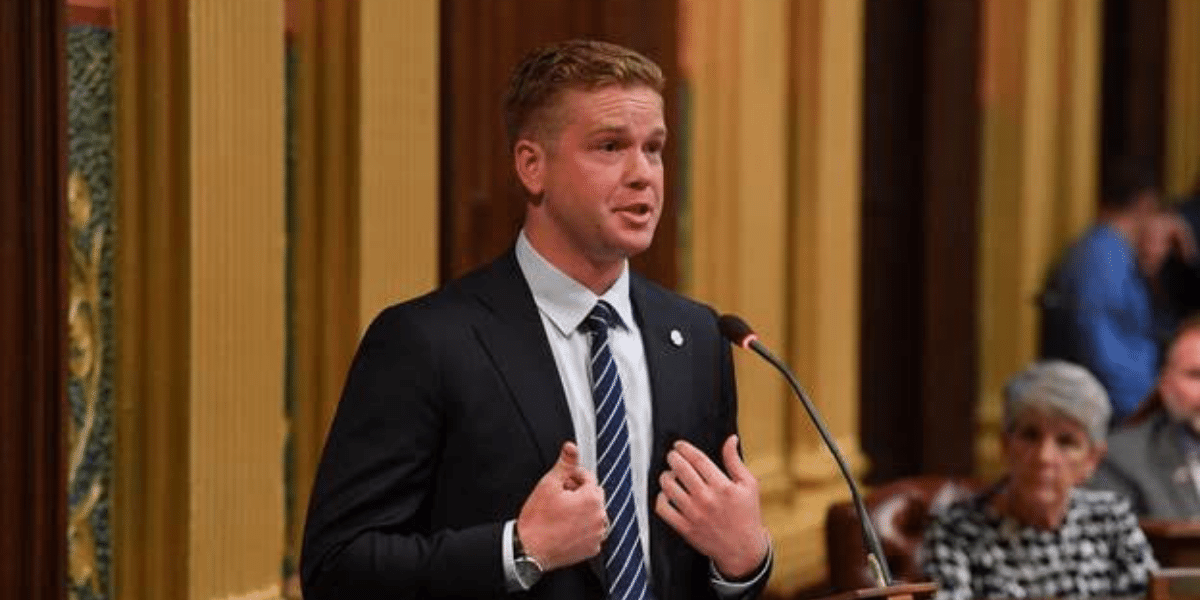GSRP Free Preschool Available for Qualifying 4-year-olds
Even though it’s the middle of summer, it’s time to look ahead to back-to-school time. Free preschool is available to qualifying families in St. Clair County and the time to sign up is now. The Great Start Readiness Program, or GSRP, is a state-funded preschool offered at no cost to families.
GSRP is for four-year-olds and is designed to ensure every child is prepared to thrive when they enter kindergarten. There are locations throughout St. Clair County.
Students must be four years old on or before September 1st of this school year to apply now. Eligibility is based on 2021 income guidelines. A family of four qualifies for GSRP if their yearly income is below $66,250, according to the St. Clair County RESA website.
Families can apply to GSRP by completing an online application. Parents will need to provide proof of age, such as a birth certificate; proof of residency, and proof of income. Prospective GSRP students will need to have a health appraisal with vision and hearing tests, as well as vaccination records.
A link to more information:
http://sccresa.org/cms/One.aspx?portalId=496562&pageId=13039156
Reporting for WGRT – Jennie McClelland






